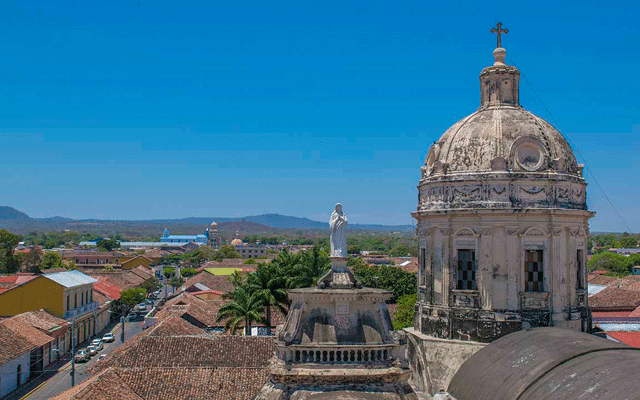Accidents that cause physical trauma are particularly dangerous for people with a bleeding disorder—especially if they live in a country with limited access to factor. In Nicaragua, Isaías—a 27-year-old male patient with severe hemophilia A—suffered trauma to his face and right shoulder when he was injured by a tree branch. He was examined 24 hours after the trauma, and was found to have a large periorbital hematoma in the left eye which caused an inflammation of the underlying tissues and a partial loss of vision. This condition required immediate factor infusion in order to save his eye. Fortunately, the WFH Humanitarian Aid Program provides donated factor to Nicaragua—1.5 million IUs were delivered to the country in 2020 alone. Isaías—who did not have access to another other treatment alternatives—received some of this donated factor along with antibiotics and other treatments, and was able to make a full recovery from his injury. The WFH Humanitarian Aid Program is leading the effort to improve access to care in developing countries such as Nicaragua by providing consistent and predictable access to donated factor.
About the WFH Humanitarian Aid Program
The WFH Humanitarian Aid Program improves the lack of access to care and treatment by providing much-needed support for people with inherited bleeding disorders in developing countries. By providing patients with a more predictable and sustainable flow of humanitarian aid donations, the WFH Humanitarian Aid Program makes it possible for patients to receive consistent and reliable access to treatment and care. None of this would be possible without the generous support of Sanofi Genzyme and Sobi, our Founding Visionary Contributors; Bayer and Roche, our Visionary Contributors; Grifols, our Leadership Contributor; and our Contributors, CSL Behring and Takeda. To learn more about the WFH Humanitarian Aid Program, visit www.treatmentforall.org.













